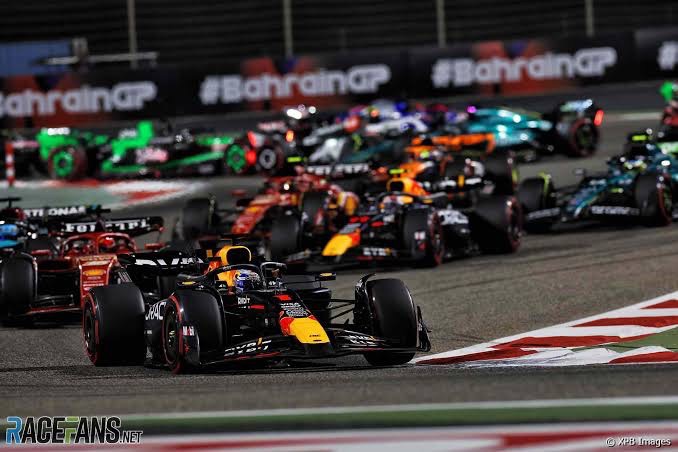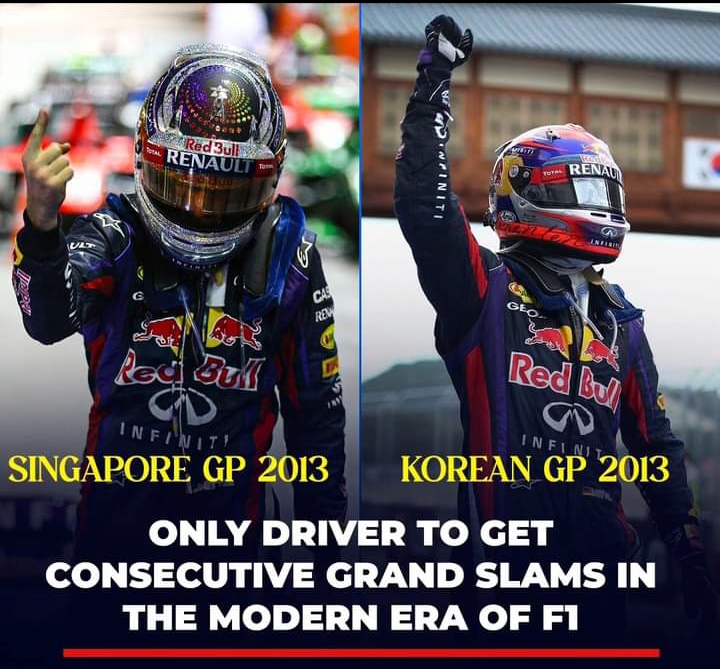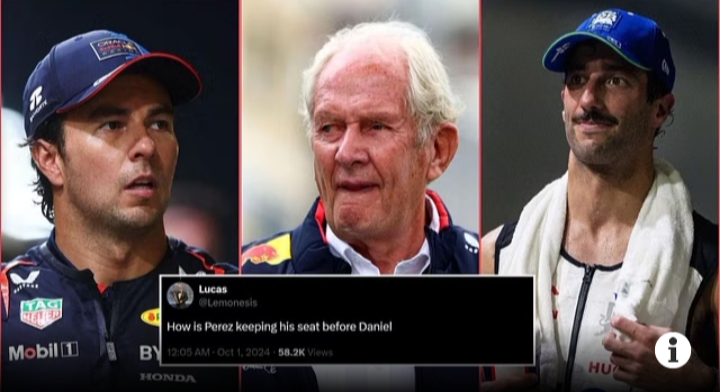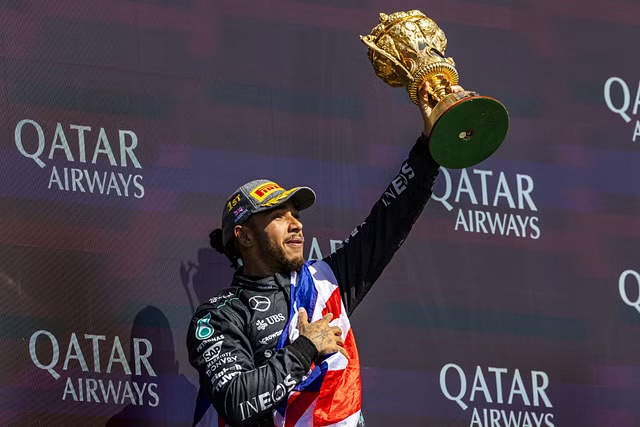Formula 1 fans were eagerly anticipating a new event on the calendar this year—a post-season rookie race that promised to showcase fresh talent and give rising stars a chance to shine on the big stage. However, the excitement has been abruptly halted as F1’s highly anticipated bonus post-season rookie race has been called off, at least for now. The decision has left fans, teams, and young drivers disappointed, and raised questions about the future of such events in the sport.
Let’s take a deep dive into why this event was introduced, the reasons behind its cancellation, and what it could mean for the future of Formula 1.
The Vision Behind the Post-Season Rookie Race
The post-season rookie race was introduced as a way to give young drivers more exposure to Formula 1 racing. Traditionally, young drivers would get limited opportunities to drive in Formula 1 cars—mainly through practice sessions or test days that don’t carry the same stakes as race day. The idea of a post-season race was to provide a real racing experience for rookies, under competitive conditions, but without the pressure of a championship on the line.
This initiative was seen as an innovative step toward nurturing future talent. In a sport where seat availability is scarce and competition is fierce, giving rookies a dedicated event could fast-track their development, allowing teams to see them in action and fans to witness the future of F1 firsthand. Furthermore, the event was set to fill the gap after the conclusion of the championship season, extending the F1 calendar and providing fans with more racing content.
Why Was It Canceled?
While the idea of a post-season rookie race was met with excitement, a number of logistical and practical issues ultimately led to its cancellation. Several factors contributed to this decision:
1. Team Resistance and Driver Priorities
One of the major hurdles in organizing the post-season rookie race was resistance from several teams. The end of the season is a critical time for teams, who are already stretched thin between wrapping up the current season and preparing for the next. Many teams use the post-season period for testing new car parts, refining strategies, and working on the development of their cars for the following season. For teams, a rookie race could have been an added burden on already tight schedules, with additional costs and potential risks involved.
Drivers, too, often have packed schedules at the end of the season, from sponsor commitments to personal time off after the grueling F1 calendar. Rookie drivers, while keen to race, often find themselves committed to other racing programs, such as Formula 2, Formula E, or other categories, making scheduling a post-season race difficult.
2. Health and Safety Concerns
There are also health and safety concerns that come with the idea of running a post-season rookie race. While rookies are eager to race, some in the paddock were concerned about the potential for accidents or injuries that could impact a team’s momentum into the following season. With many rookies lacking extensive Formula 1 race experience, the idea of putting them in full race conditions so soon after the main season ended could have increased the risk of incidents on track.
3. F1’s Packed Calendar
The current Formula 1 calendar is already one of the most demanding in all of sports. With races scheduled nearly every other weekend throughout the year, many in the F1 community have expressed concerns over the increasing strain on drivers, teams, and logistics crews. Adding a post-season race to the mix, even if it’s just for rookies, would have further stretched resources at a time when teams are winding down.
With Formula 1 continuing to expand its calendar with more races across the globe, and the growing presence of sprint races, finding space for a post-season event that makes sense for all involved has proven difficult. The cancellation of the rookie race highlights the challenges of fitting in additional events into an already packed schedule.
What Does This Mean for F1’s Future?
While the cancellation of the post-season rookie race is undoubtedly disappointing, it also offers an opportunity for Formula 1 to rethink how it introduces new talent to the grid. One of the key takeaways from this situation is the need for more structured opportunities for rookies to demonstrate their skills in race conditions.
Currently, Formula 1 has regulations in place that encourage teams to field young drivers during practice sessions at race weekends, which has been a positive step forward. However, some have argued that this isn’t enough. Practice sessions are far less intense than races, and teams may prioritize gathering data over allowing rookies to push the limits of their cars. A competitive race, even a non-championship event, would give young drivers the chance to experience the unique pressures of an F1 race and showcase their full potential.
The cancellation of this rookie race could lead to a broader conversation about the role of junior drivers in the sport. Should F1 reintroduce something like the bonus rookie race in the future, or perhaps look into other ways to elevate rising stars? One option could be increasing the number of young driver test days or even introducing a young driver series that mirrors F1 racing more closely.
Looking Ahead: Could the Rookie Race Still Happen?
While the post-season rookie race has been called off for now, there is still hope that the concept could be revisited in the future. If logistical and safety concerns can be addressed, a dedicated event for rookies could become a valuable addition to the Formula 1 calendar.
Teams, fans, and the broader F1 community are constantly looking for ways to improve the sport, and the need to foster new talent will always be a priority. If a rookie race does return, it will be important for F1 to find the right balance between promoting young drivers and managing the workload of teams and drivers who are already part of an intensive and demanding racing calendar.
Conclusion
The cancellation of Formula 1’s post-season rookie race has certainly put a damper on what could have been an exciting new chapter in the sport. However, it also opens the door for deeper conversations about how the sport can better integrate and develop its future stars. While it won’t happen this year, the idea of a rookie race may still have a future in Formula 1. For now, the focus remains on optimizing the opportunities young drivers already have, while exploring ways to continue growing the sport and keeping it competitive for all.




